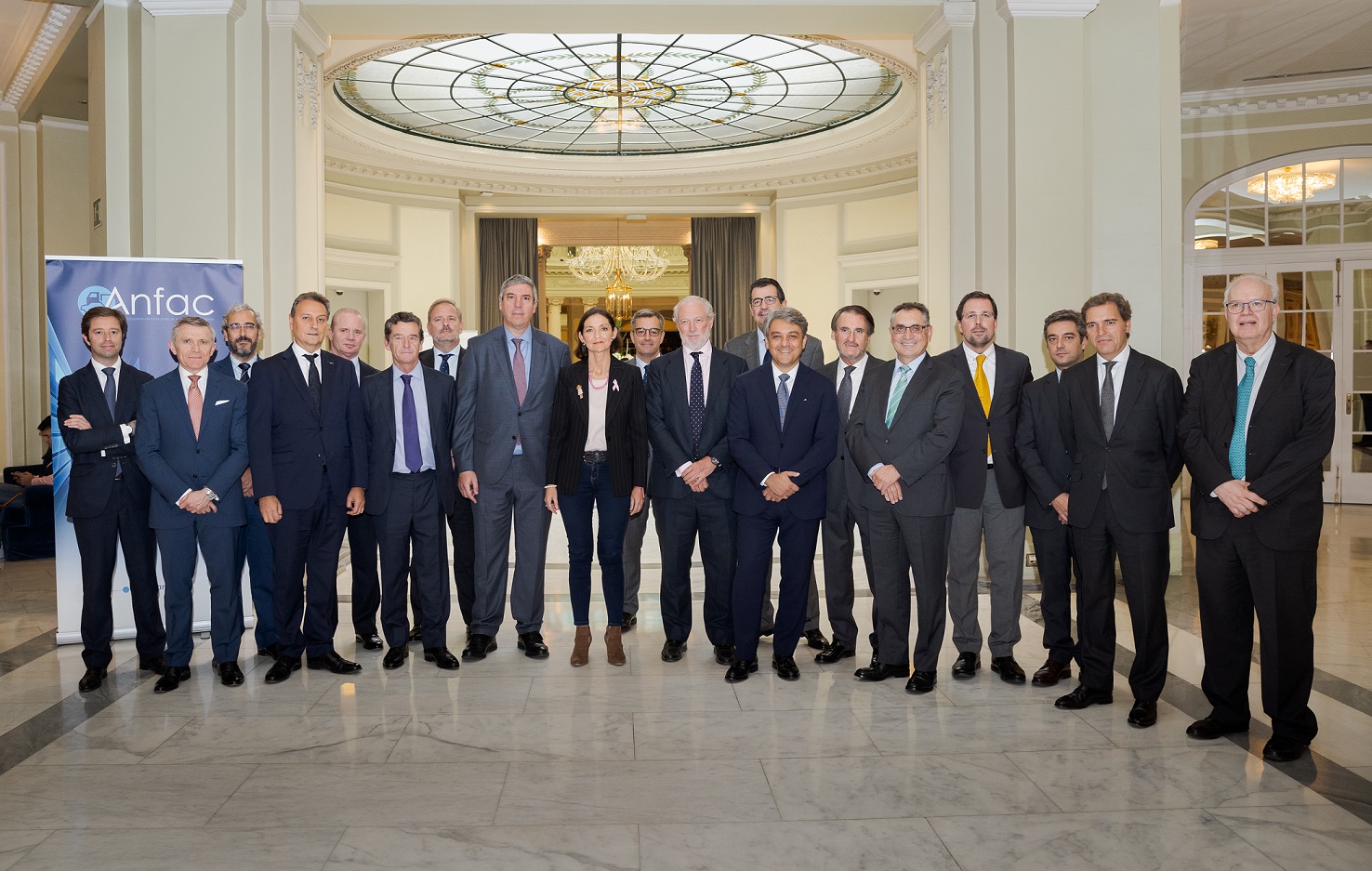
An ongoing battle for competitiveness
Over recent years, mobility, in its widest sense, has revolutionised the environment in which the automotive industry works. Private vehicles as individual possessions now form part of an ecosystem in which on-demand mobility is hugely important, where the way in which we travel depends on our needs and circumstances at the time. Mobility is a right for the public - it is their right to move when, how and where they want. But the definition of this does not depend solely on governments, vehicle manufacturers or providers of technological applications. This definition is the responsibility of all of us, as a society. We have to define the type of mobility that is most appropriate for Spain, and under what conditions. Here at ANFAC, we believe mobility has to be smart, emission free, accessible and affordable, with a common model applicable to the whole of Spain in a consistent and orderly way.
The world is changing, and we are changing with it. For our part, manufacturers are fully committed to this change. We are already adapting our offering to the changing demands of the public for more efficient technologies that reduce emissions and increase connectivity, safety and comfort. In this new environment, the concept of linear production (design, manufacture and selling of vehicles) is disappearing, and being replaced by an ecosystem of different suppliers and services, in which new components and technologies play a leading role. The car of the future will be a “smartphone with wheels”. This opens up a range of challenges, but also offers new business possibilities in which vehicle manufacturers have to be involved.
Spain is one of the leading manufacturers of vehicles in Europe and the world. It has to position itself robustly in this new environment, so as not to lose its 3% share of global car production or its position as the second largest European producer. We are Spain's biggest export industry. We account for 10% of GDP with a widespread geographical presence of 17 factories in ten autonomous communities. This has fostered the creation and growth of a substantial supporting industry for components, the closeness of which is very positive for our competitiveness.
 The Industry minister, Reyes Maroto (in the centre), with ANFAC's management board
The Industry minister, Reyes Maroto (in the centre), with ANFAC's management board
The key to protecting this robust presence is to fight ceaselessly to enhance the competitiveness of our factories. Just doing this once is not enough, because this is not a sprint but a never-ending relay. We need to attract the investment and models to meet these new needs and consumer demands. This means more efficient vehicles with better technological equipment, but also mobility services that give the user greater flexibility and meet their transport needs. We are doing our duty, with more than €10 billion invested over the last five years. Over 60% of the models that will come onto the market over the coming months will have electric or hybrid versions, together with the most advanced and efficient combustion engines.
But as I said at the beginning, the definition of mobility that we want as a country will not be decided by the manufacturers alone, and, in our multi-faceted environment, neither can we work on the competitiveness of our factories in isolation. Today, more than ever, we need administrations, social agents, workers and society as a whole to retain this presence . We need a flourishing market and demand for electric vehicles if we want to consolidate the manufacture of such models in Spain. If the penetration of electric vehicles in Spain is only 0.5%, it is very difficult to attract models to be made here. We need to increase our recharging-infrastructure exponentially, and commit to scrappage and purchase plans to refresh our vehicle stock. We are not going to manufacture just for export, and demand will not arrive if we do not facilitate the conditions.
We need industrial reforms to reduce logistical and energy costs to the levels of the countries around us. We are a creative and dynamic country, but we struggle to make decisions that are structured and stable over time. We need to make progress on implementing these solutions. This is why ANFAC is working on a Strategic Plan for 2030, which will be a constructive value proposal for society as a whole in the definition of mobility and the commitment to competitiveness. This will help Spain to maintain its leadership in an industry that is of the utmost importance for the country, and the future.

José Vicente de los Mozos
Chairman of ANFAC


 2019 Mobility Forum and VEA Committee in Zaragoza
2019 Mobility Forum and VEA Committee in Zaragoza
